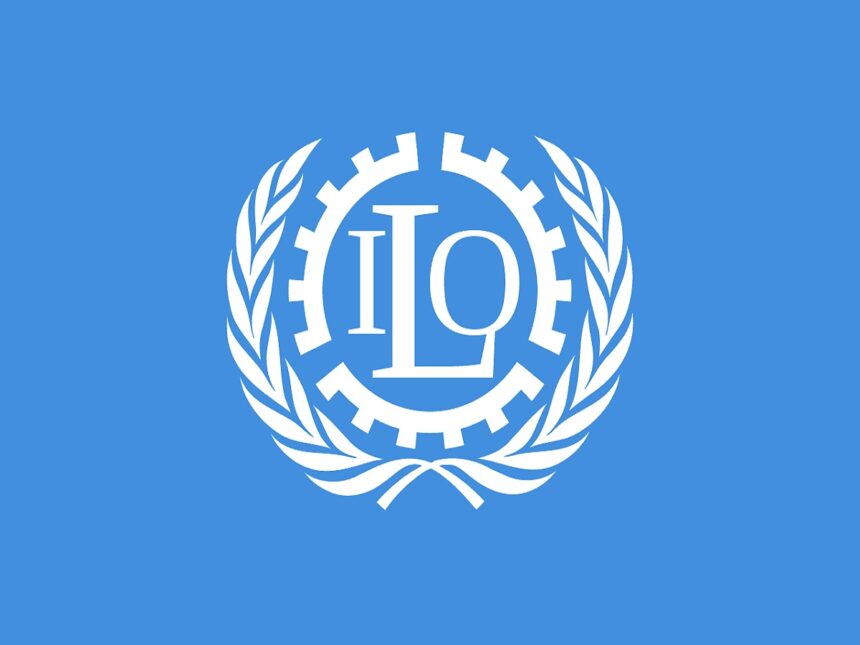As the global community marks the International Domestic Workers Day, the African Regional Office of the International Labour Organization (ILO) has called for urgent and united action from African governments to ratify and implement the Domestic Workers Convention 189, a critical international standard that recognizes and protects paid care work within the home.
In a strong message titled “Decent Work for Domestic Workers is Africa’s Shared Responsibility,” the ILO’s Regional Director for Africa, Fanfan Rwanyindo, described the moment as a time for reflection, action, and political will.
“Today is Domestic Workers Day, the 14th anniversary of the adoption of the first international labour standard that recognised paid care within the home—domestic work—as work,” she said, setting the tone for a strong regional call to action.
According to the message, Africa is home to a staggering 9.6 million domestic workers aged 15 and above, many of whom labour in invisibility despite the crucial role they play in keeping households and economies afloat.
“At all hours of the day and night, domestic workers ensure the wellbeing of families, yet their own wellbeing too often goes unnoticed, especially in times of crisis,” Rwanyindo lamented.
“From the economic scars of COVID-19, the devastation of armed conflicts, to the toll of climate disasters like floods and droughts, domestic workers are among the hardest hit.” The call added and further said; “These disruptions magnify social and economic inequalities and stretch already fragile protection systems.”
Crucially, women dominate this sector. “Domestic workers, the majority of whom are women, are among those most affected. During times of upheaval, they are often the first to lose jobs, the last to receive support, and the least likely to be covered by social protection,” she said.
On those with additional vulnerabilities: migrant status and disabilities, Rwanyindo stressed, “Migrant domestic workers and those living with disabilities face even greater risks of abuse and discrimination.
“Despite the hardships, domestic workers continue to show resilience and compassion. They cook meals for others while skipping their own. They care for children, the elderly and persons with disabilities with dedication, despite facing threats to their own security.”
Their contribution, she insists, extends beyond private households: “Their work is essential, not only to the families they serve but to the broader economy. Yet the harsh truth remains: care work remains undervalued, underpaid, and under-protected in Africa. “An estimated 15.8% of Africa’s paid female employees are domestic workers. But this vital work is undervalued and underpaid.”
She pointed to systemic issues such as the informal nature of employment, absence of written contracts, and lack of minimum wage, healthcare, or unemployment benefits. “In some African countries, they are excluded from national labour laws. In many others, enforcement of existing laws is weak or non-existent,” she observed.
The ILO Regional Director emphasised the paradox: “Without access to maternity leave, healthcare, or safe working conditions, domestic workers are asked to care for others while their own care needs go unmet.”
But there is a way forward. Rwanyindo made a strong appeal: “Governments in Africa can take steps to ratify and implement the ILO’s Domestic Workers Convention, 2011 (No. 189), and ensure its principles are reflected in national laws. So far, only seven countries in Africa have ratified it. We can and must do better.”
She outlined a multi-stakeholder roadmap that includes state, employer, and civil society action: “Governments can legislate to require that domestic workers receive minimum wage. Trade unions can organize domestic workers to demand increased legal protection. Employers can act in solidarity by ensuring that they pay fair wages and provide decent working conditions.”
“Societies can recognize care and domestic work as an essential economic driver, and not only as a private matter inside homes. Making domestic work decent work is not just the right thing to do, it is a strategic investment in the health, safety and resilience of African societies.
“This Domestic Workers Day, let us commit to putting care at the heart of crisis response, recovery, and reform. Because when domestic workers are protected, valued and respected, entire communities thrive.” The message concluded.
READ ALSO: Labour Minister backs domestic workers’rights protection bill






